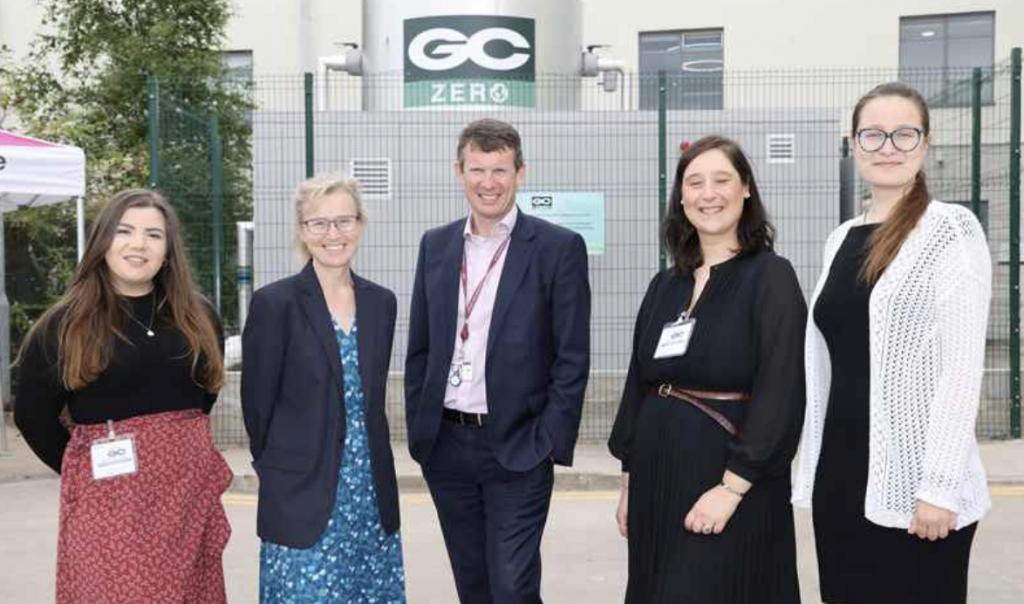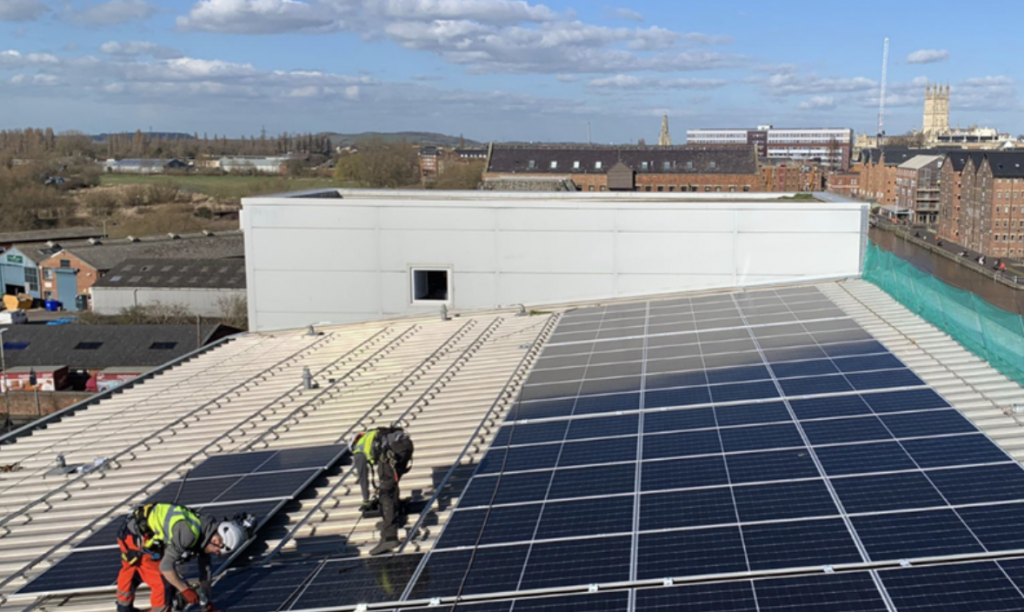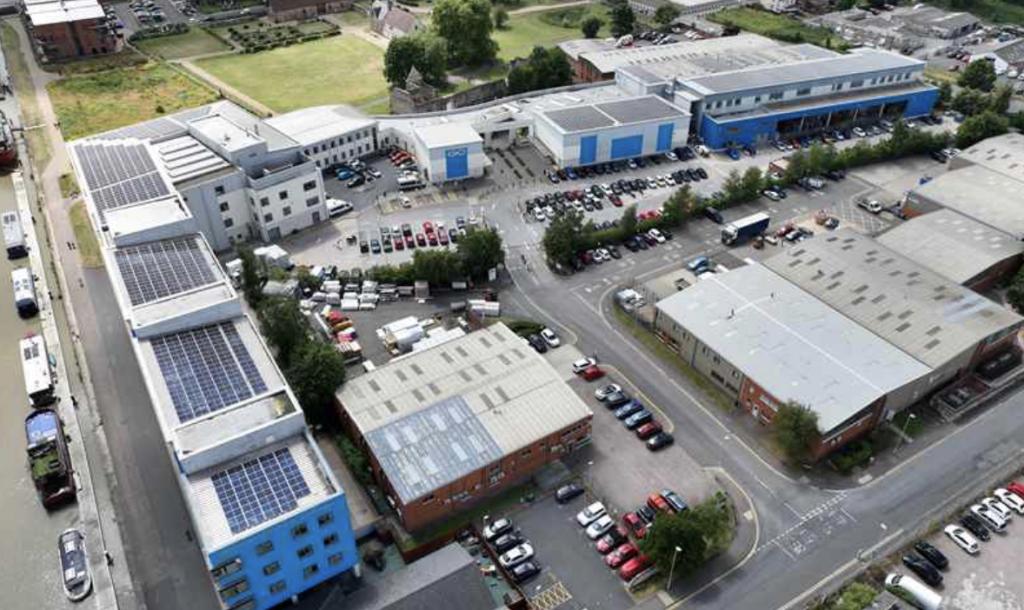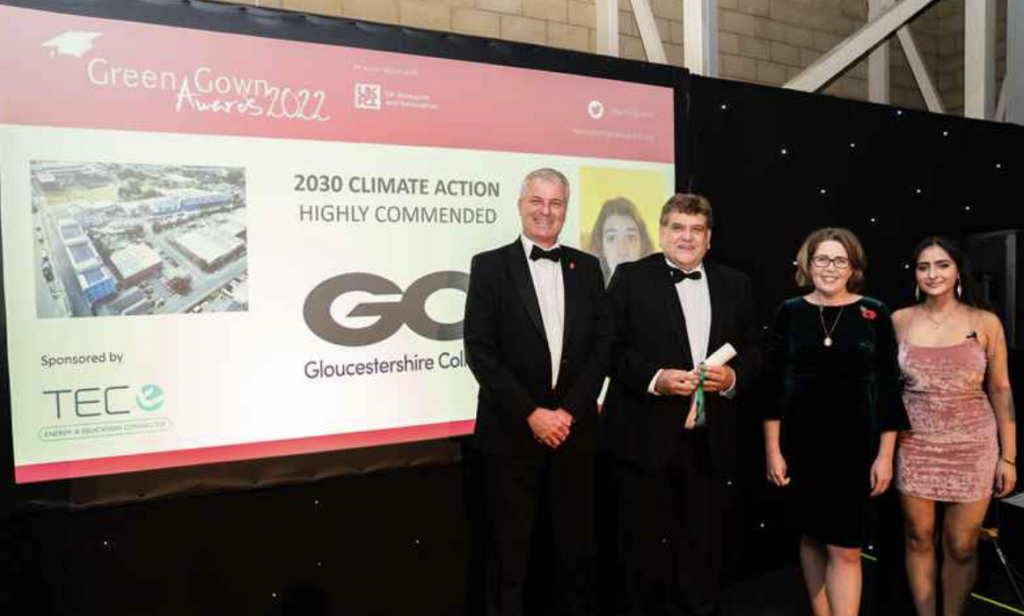How are local educational establishments approaching Net Zero? Gloucestershire College has pledged to become carbon zero by 2030 which is 20 years ahead of the UK government’s commitment, aiming to operate renewably and responsibly across three campuses in Cheltenham, Cinderford and Gloucester, including resources, facilities, and transport links.
GC Zero is a massive task – currently, to run just the Gloucester campus every day it takes the equivalent of 13 million kettles. Or 63 million hours of continuous Xbox play. Or 17.7 million miles in an electric car.
Net Zero Strategy
GC Zero includes the road map, shown below, of how Gloucestershire College will achieve this target:
Stage 1 (Audit and Strategy) was completed in February 2020. Hillside Environmental Services identified sources of carbon emissions and developed a reduction strategy plan to cover building energy use, transport, and goods consumption (water and waste is already effectively and responsibly managed). Energy was established as a significant, and the most controllable, source of emissions within this audit which resulted in the foundation of GC Zero.
Stage 2 (Funding) was finalised in July 2021 when Gloucestershire College gained grant support from the UK Government’s Public Sector Decarbonisation Scheme. They secured £2.8m of investment for the £4.8m energy retrofit. The remaining cost will be covered by the savings made from switching to renewable energy and selling surplus energy back to the grid.
Stage 3 (Electrify heating) which has an aim to be completed by December 2021. This involves drilling 40 boreholes, for which the progress has begun (click here to find out more), into both Cheltenham and Gloucester campus car parks, to install heat pumps that warm the buildings via renewable electricity, rather than combustion-based fossil fuels.


Breaking-ground Ceremony
Gloucestershire College welcomed guests from the government, environmental organisations and local businesses to its Cheltenham campus to unveil their ground-breaking project to combat climate change. Ground source heat pumps were installed following the drilling of 40 boreholes – each 200m deep – at Gloucester and Cheltenham campuses. Visitors witnessed the drilling of the first of these 40 bore holes.
By February 2022, Gloucestershire College hope to have achieved Stage 4 (Install solar panels). Installing solar panels will generate green energy on site to fuel the heat pumps and produce renewable electricity.


The final stage, Stage 5 (Optimise energy use), is hoped to be reached between January and February 2022. This includes installing battery storage and smart energy controls to balance energy needs to use power at the most economic times. This will include producing heat overnight and storing surplus electricity. Gloucestershire College will then be able to convert to the new energy system and drive forward decarbonisation.
Celebrating Success!
In July 2022 Gloucestershire College celebrated the completion of these ambitious works in July 2022 and have since been awarded a Highly Commended at the Green Gown Sustainability awards in the 2030 Climate Action category.


